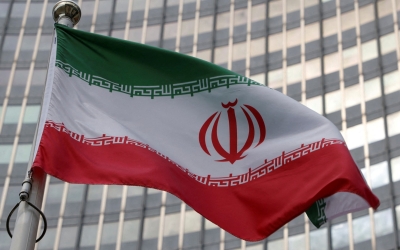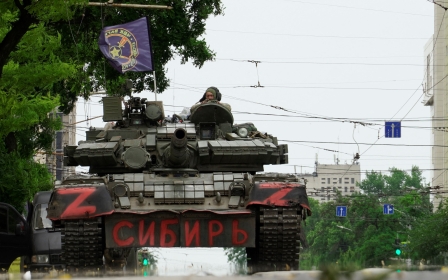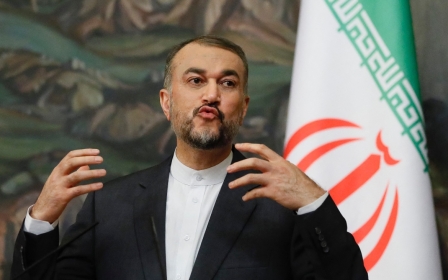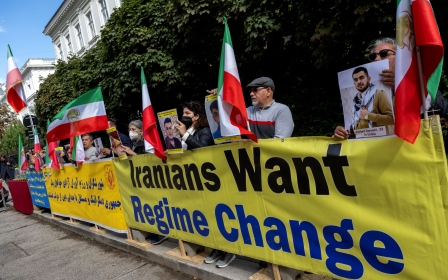Iran takes Canada to UN court over terror compensation
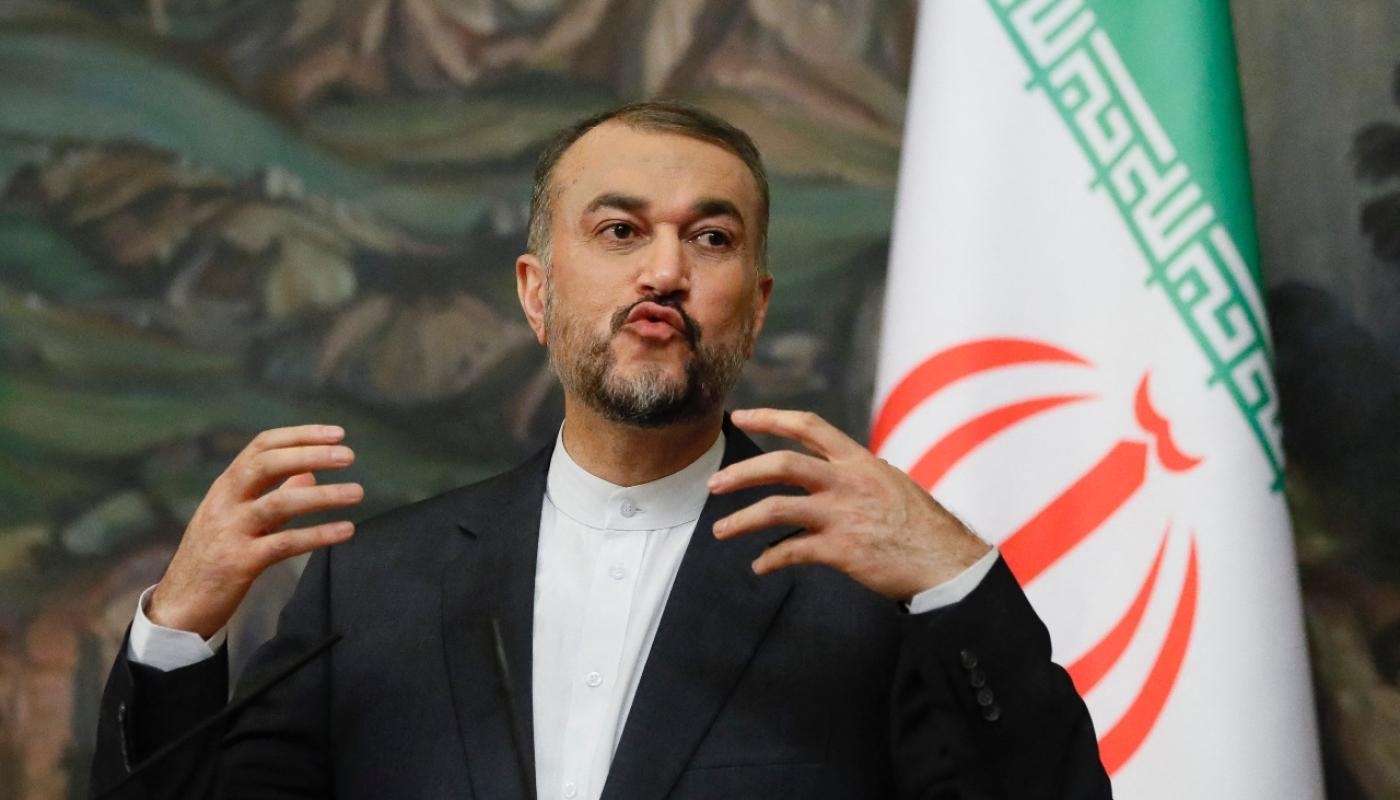
Iran has taken Canada to the International Court of Justice for allowing victims of alleged terror attacks to claim damages from Tehran, the UN's top tribunal said on Wednesday.
Tehran's case claims that Ottawa, which listed the Islamic Republic as a sponsor of terrorism in 2012, had violated Iran’s state immunity.
Iran asked the Hague-based ICJ to make Canada overturn a law passed in the same year, which allows victims to collect damages from state terror sponsors in Canadian civil courts.
"Canada has adopted and implemented a series of legislative, executive, and judicial measures against Iran and its property in breach of its international obligations,” Iran said in its filing to the court.
Tehran also demanded compensation from Canada.
Iran’s application cites a Canadian court judgment in 2022 that awarded more than $80m in compensation to the families of six people who died when Iran shot down a Ukrainian airliner almost two years ago.
Ukraine International Airlines flight PS752 was downed shortly after take-off from Tehran on 8 January 2020, killing all 176 people aboard - including 85 Canadian citizens and permanent residents.
Three days later, the Iranian armed forces admitted to downing the Kyiv-bound plane "by mistake”.
Iran also cited a 2016 ruling by a Canadian judge ordering Iran's non-diplomatic land and bank accounts to be handed over to victims of attacks by Hamas, and Hezbollah.
The judgment awarded a reported $13m to families of Americans who died in eight bombings or hostage-takings in Buenos Aires, Israel, Lebanon, and Saudi Arabia from 1983 to 2002.
The families, led by the parents of Marla Bennett, who was killed in a bombing at Hebrew University's cafeteria in Israel in 2002, had successfully sued Iran in the United States.
“Iran respectfully requests the Court to adjudge and declare that by failing to respect the immunities of Iran and its property, Canada has violated its international obligations toward Iran,” the ICJ filing said.
Iran eyes funds amid nuclear talks
Iran has had some luck recently at the ICJ. In March, the court ruled that the US "violated" international law by freezing some Iranian assets in order for them to be used as compensation for victims of terror attacks. The court has yet to determine how much Washington should pay in compensation to Iran.
The ICJ, however, rejected Iran's bid to free nearly $2bn in frozen central bank assets.
The case against Canada comes as Tehran and Washington engage in talks on a “mini-nuclear deal”.
As first revealed by Middle East Eye, the two sides agreed Iran would not enrich uranium to 60 percent and would cooperate with the International Atomic Energy Agency (IAEA) for the monitoring and verification of its nuclear programme.
In exchange, Tehran would be allowed to export up to a million barrels of oil per day and gain access to its income and other frozen funds abroad. Those funds would have to be exclusively used to purchase a range of essential items, including food and medication.
Washington hopes the deal will diffuse tensions with the Islamic Republic.
MEE reported on Wednesday that Washington had elicited promises from Iran that US forces stationed in Syria and Iraq would not be attacked by Iranian allies like Iraqi paramilitary groups. But the negotiations have stalled over additional US demands on prisoner releases.
Canada broke diplomatic ties with Iran in 2012, as relations frayed over Tehran's support for Bashar al-Assad's government in Syria, its nuclear programme, and threats to Israel.
Middle East Eye propose une couverture et une analyse indépendantes et incomparables du Moyen-Orient, de l’Afrique du Nord et d’autres régions du monde. Pour en savoir plus sur la reprise de ce contenu et les frais qui s’appliquent, veuillez remplir ce formulaire [en anglais]. Pour en savoir plus sur MEE, cliquez ici [en anglais].


